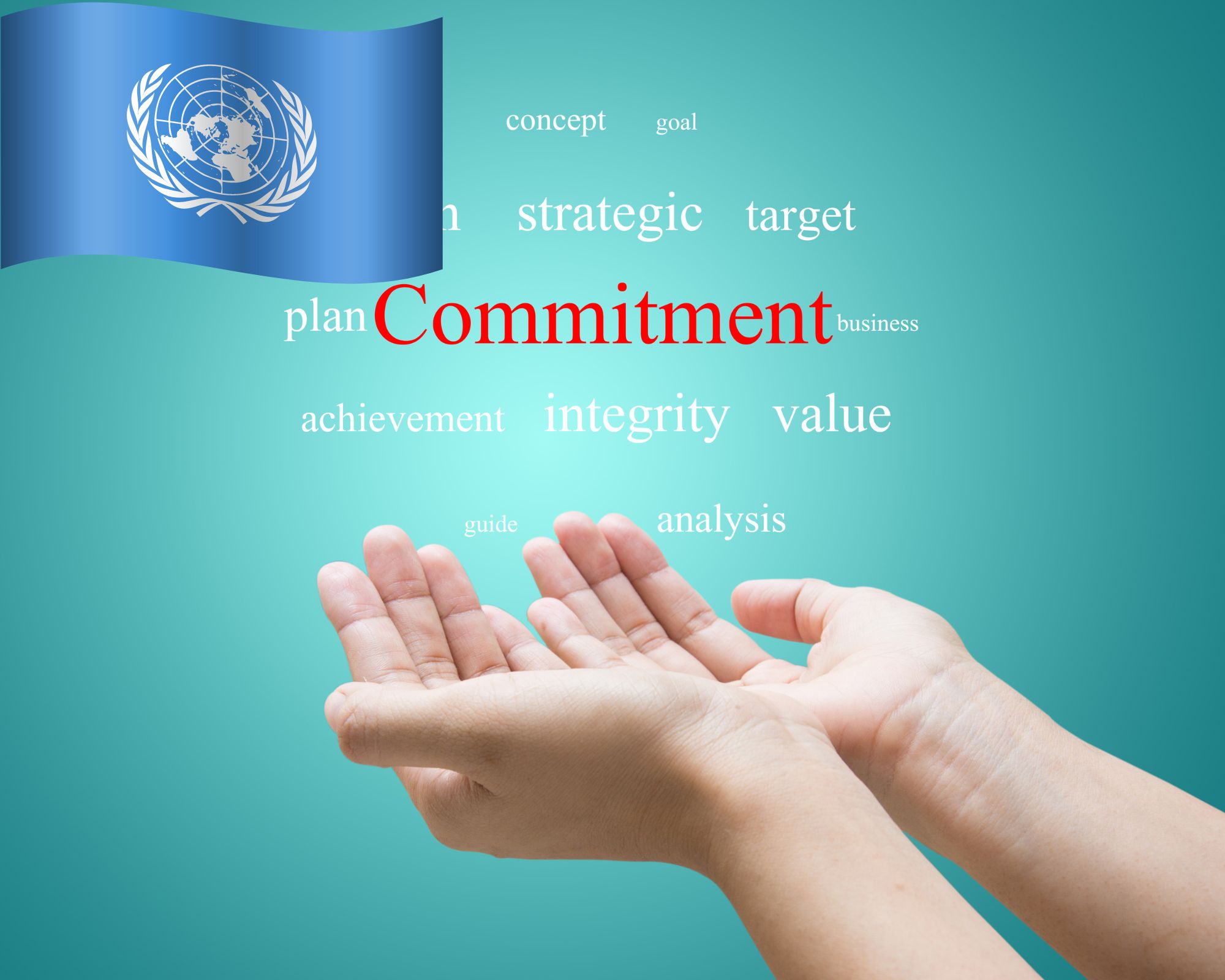Summary:
-
The Delhi Declaration is a non-binding document about keeping terrorists from using new and emerging technologies.
-
The proclamation tries to deal with the main problems caused by people misusing crowdfunding, social media, and drones.
-
The Secretary-General of the United Nations, António Guterres, said that “real actions” are needed to “eliminate these vulnerabilities” and “promise to protect all human rights in the digital sphere.
-
Campbell said that the problem should be solved by putting limits on speech based on specific, narrowly defined rules, not by encouraging the censorship of valid speech.
-
The Committee’s chairperson, Indian Ambassador Ruchira Kamboj, said during the meeting’s closing session that the document’s conclusions note the difficulties and make “practical, operational, and tactical suggestions for addressing the opportunities and threats posed by the use of new and emerging technologies for terrorist purposes.
The Delhi Declaration is a non-binding document about keeping terrorists from using new and emerging technologies. It was approved on Saturday in the Indian capital after a series of panels with people from Member States, the UN, civil society organizations, the private sector, and researchers.
The proclamation tries to deal with the main problems caused by people misusing crowdfunding, social media, and drones. It also tries to set rules to help deal with the growing problem.
“The Delhi declaration lays the groundwork for the way forward,” says David Scharia of the Counter-Terrorism Executive Committee. It talks about how important human rights, public-private partnerships, and the involvement of civil society are, as well as how we’ll work together to solve this problem. Also, it asks the CTED [the Committee Secretariat] to develop a set of guiding principles after talking with all the parties for a long time.
Human Rights are fundamental
Respect for human rights was emphasised heavily throughout the paper and the debates. The Secretary-General of the United Nations, António Guterres, said that “real actions” are needed to “eliminate these vulnerabilities” and “promise to protect all human rights in the digital sphere.”
Mr. Guterres noted in a video message that achieving human rights requires effective multilateralism and international cooperation, with solutions rooted in the principles and commitments of the United Nations Charter and the Universal Declaration of Human Rights.
Scott Campbell, who is in charge of the Human Rights Office’s digital technology team, said the same thing as the Secretary-General: “Respecting rights when fighting terrorism is important to make sure we can keep our security in a long-term and effective way.”
The official said that crossing these important lines breaks the law and hurts the community, networks, and trust needed for effective prevention and response.
Mr. Campbell said that international law and human rights offer many ways to solve the problem. He also said that it is the Member States’ job to protect their citizens’ safety and ensure their actions don’t hurt anyone’s rights.
Censorship and regulation
Also, he stressed that businesses and governments should be careful when screening and censoring information on social media because it could “affect minorities and journalists in disproportionate ways.”
Mr. Campbell said that the problem should be solved by putting limits on speech based on specific, narrowly defined rules, not by encouraging the censorship of valid speech. He said they should have open procedures, truly impartial oversight committees, and experts who help make, evaluate, and apply regulations.
The Committee’s chairperson, Indian Ambassador Ruchira Kamboj, said during the meeting’s closing session that the document’s conclusions note the difficulties and make “practical, operational, and tactical suggestions for addressing the opportunities and threats posed by the use of new and emerging technologies for terrorist purposes.”
The global community of policymakers “must be agile, forward-thinking, and collaborative,” she continued, to address the shifting demands of states facing brand-new threats from digital terrorism.
Analysis by: Advocacy Unified Network

